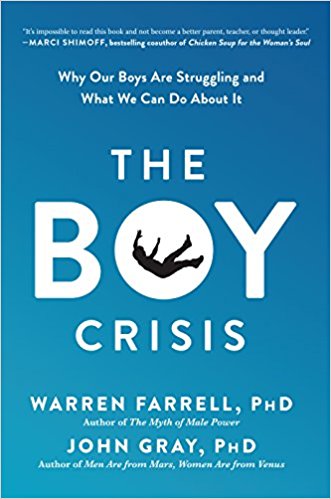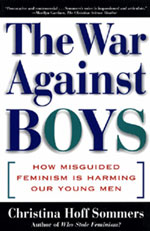![]()
Role of CAS questioned after Barrie slayings
The Globe and Mail (Canada's largest national newspaper), ANTHONY REINHART AND CHRISTIE BLATCHFORD, October 12, 2006
The mother accused of first-degree murder in the deaths of her two little girls last week was admitted to a psychiatric ward of a local hospital as a suicidal patient just five months earlier.
Frances Elaine Campione, The Globe and Mail has confirmed, was admitted to the Royal Victoria Hospital in Barrie, Ont., for an emergency assessment.
The 31-year-old's history in an active file at the Children's Aid Society of Simcoe County raises alarming questions about why the agency returned her two vulnerable youngsters Serena, 3, and Sophia, who was just a year old to her care and what workers and supervisors were doing to monitor her.
Ms. Campione was admitted to hospital early last June after taking an overdose of medication and leaving a suicide note. She was discharged June 30, and within a week or so, The Globe has learned, had managed to regain custody of the little girls and had them back living with her.
Ms. Campione was discharged the same day that another mother who was on the ward at the same time walked out of the Royal Vic but with a battery of support services in place.
This woman, who has asked to remain anonymous, was suffering from postpartum depression after the recent birth of a second daughter.
When released, she was involved with various community agencies, on medication and feeling much better.
But, she told The Globe in a lengthy interview, Ms. Campione was still acting very erratic, right to the last day . I have no idea how she got out at the same time.
Indeed, on their last day in hospital, the woman said, Ms. Campione, who had fought with other patients and was considered very difficult to get along with, improbably presented them with fancy pens from the hospital gift shop as well as thank you cards.
Even on the ward, where the woman said people were all there for different reasons and extremely supportive of one another, Ms. Campione kept her distance.
According to this woman, it seemed Ms. Campione felt the whole world was against her. . . . It seemed like she would just kind of blame everything on everything that was going around her. It was her in-laws' fault that she doesn't have the kids; it was the CAS's problem; her husband destroyed her life, you know.
Ms. Campione and her husband, Leo, whom she had accused of assault and threatening, were going through a bitter custody battle. As a result of those unproven charges, Mr. Campione was under a restraining order that prohibited him from being alone with his children.
When Ms. Campione was hospitalized, Serena and Sophia moved in with their paternal grandparents, which meant that Mr. Campione, who was living with his folks, had to move out.
But the suicide attempt and hospitalization were not the only warning signs that the young mother may have been in trouble.
At least one of Ms. Campione's relatives, a member of the Goodine family, and one professional had expressed concern to authorities about the safety of the little girls in the months before their slayings.
As well as the criminal investigation of the children's deaths, the Office of the Ontario Coroner is conducting a separate review of any community agency involvement with the Campione family.
It is this Ontario government office that drove, through various coroner's inquests into the deaths of children who were either in the care of, or ostensibly being monitored by, children's aid societies, the most significant recent legislative change in child welfare: the requirement in law that it is the child's best interest, not the family's or a parent's, that must be paramount.
There have been a raft of notorious cases in the past 15 years where youngsters, purportedly being watched over by one children's aid society or another, were revealed after their deaths to have been the victims of battering, abuse and even starvation.
Inquests have shown that time and time again, child-care workers identify too closely with the mother's needs to the detriment of the vulnerable children involved.
Indeed, a sweeping review of the death of a 13-month-old Newfoundland boy named Zachary Turner, released last week, found that despite the massive publicity in the deaths of other youngsters across the country, the social workers in Zachary's case made the same mistake.





